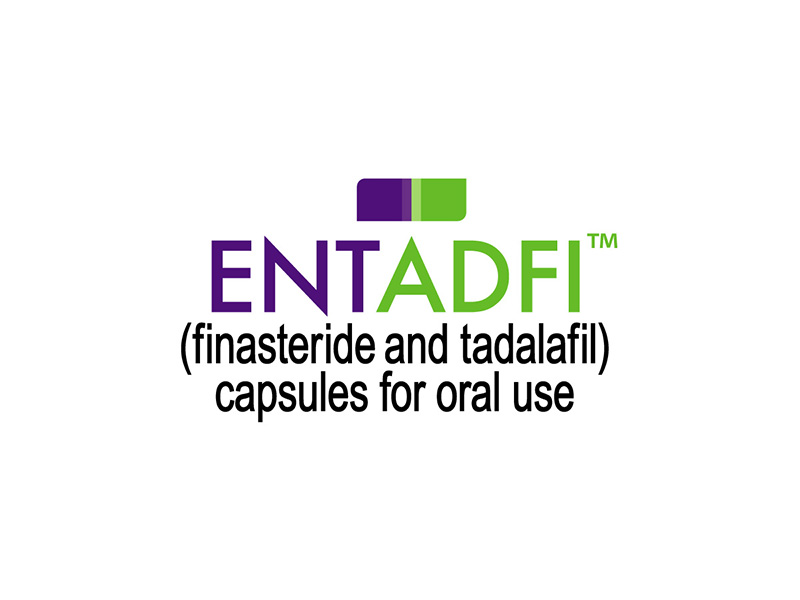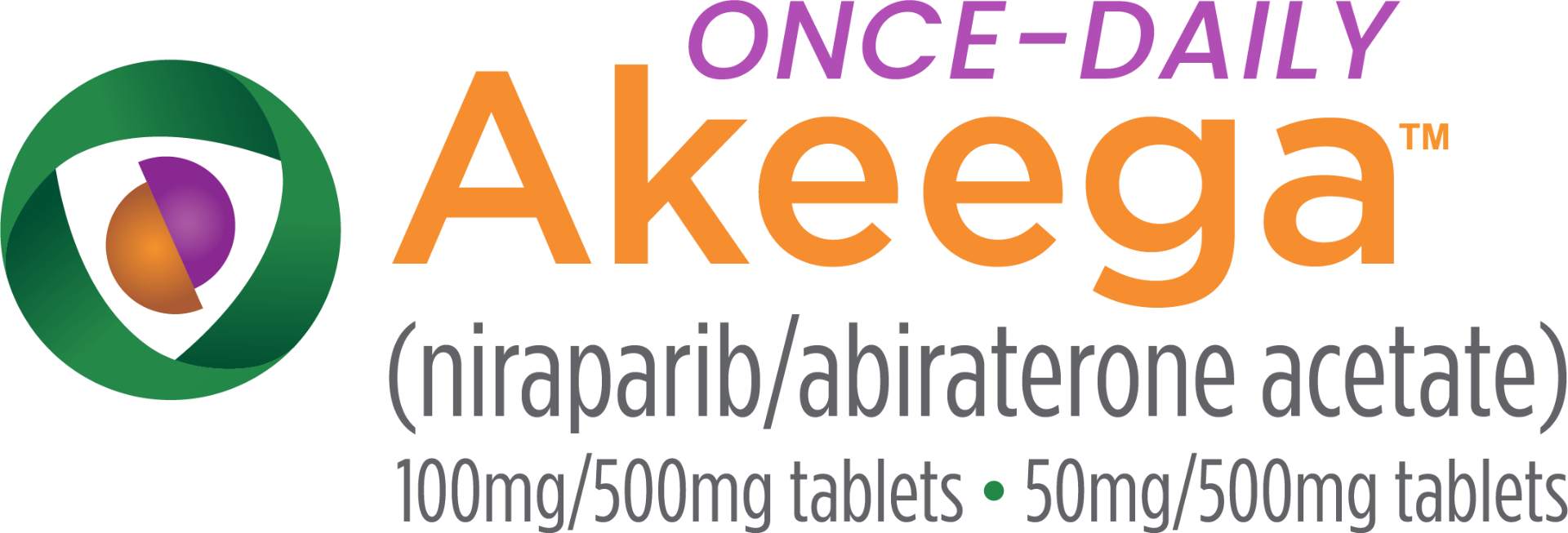Entadfi (finasteride and tadalafil) vs Akeega (niraparib and abiraterone acetate)
Entadfi (finasteride and tadalafil) vs Akeega (niraparib and abiraterone acetate)
Entadfi combines finasteride and tadalafil and is primarily indicated for the treatment of men with benign prostatic hyperplasia (BPH) symptoms, aiming to improve urinary symptoms, reduce the risk of acute urinary retention, and possibly reduce the need for surgery related to BPH. In contrast, Akeega, which combines niraparib and abiraterone acetate, is used in the treatment of prostate cancer, specifically targeting the androgen receptor pathway and helping to delay the progression of cancer in a hormonally driven context. When deciding between these two medications, it is crucial to consider the underlying condition being treated: Entadfi is for BPH management, while Akeega is for advanced prostate cancer therapy, and a healthcare provider should be consulted to determine the most appropriate treatment based on the patient's specific medical condition and history.
Difference between Entadfi and Akeega
| Metric | Entadfi (finasteride and tadalafil) | Akeega (niraparib and abiraterone acetate) |
|---|---|---|
| Generic name | Finasteride and Tadalafil | Niraparib and Abiraterone Acetate |
| Indications | Benign prostatic hyperplasia (BPH) | Prostate cancer |
| Mechanism of action | Finasteride: 5α-Reductase inhibitor Tadalafil: PDE5 inhibitor |
Niraparib: PARP inhibitor Abiraterone Acetate: CYP17 inhibitor |
| Brand names | Entadfi | Akeega |
| Administrative route | Oral | Oral |
| Side effects | Erectile dysfunction, decreased libido, ejaculation disorders | Hypertension, fatigue, nausea, joint swelling or discomfort |
| Contraindications | Pregnancy, women who are or may become pregnant, children | Women who are pregnant, severe hepatic impairment |
| Drug class | Combination of 5α-reductase inhibitor and PDE5 inhibitor | Combination of PARP inhibitor and CYP17 inhibitor |
| Manufacturer | Veru Inc. | Janssen Oncology |
Efficacy
Entadfi (Finasteride and Tadalafil) for Prostate Cancer
Entadfi combines two active ingredients, finasteride and tadalafil, which have been individually used in the management of prostate-related conditions. Finasteride is primarily known for its role in benign prostatic hyperplasia (BPH) by inhibiting the enzyme 5-alpha-reductase, which is involved in the metabolism of testosterone. While finasteride is not primarily used for prostate cancer treatment, it has been studied for its potential in reducing the risk of developing low-grade prostate cancer. However, it is important to note that finasteride is not approved for the prevention of prostate cancer and its efficacy in this regard remains a subject of ongoing research.
Tadalafil, the other component of Entadfi, is a phosphodiesterase type 5 (PDE5) inhibitor, which has been used to treat erectile dysfunction and the symptoms of BPH. Its role in prostate cancer is less direct, but it may aid in improving the quality of life for patients by alleviating BPH symptoms, which can coexist with prostate cancer. The combination product, Entadfi, has not been specifically approved for the treatment of prostate cancer, and its efficacy for this use has not been established in clinical trials.
Akeega (Niraparib and Abiraterone Acetate) for Prostate Cancer
Akeega is a combination of niraparib, a poly (ADP-ribose) polymerase (PARP) inhibitor, and abiraterone acetate, a CYP17 inhibitor. This combination targets different aspects of prostate cancer cell biology. Abiraterone acetate is approved for the treatment of metastatic castration-resistant prostate cancer (mCRPC) and works by inhibiting the production of androgens, which can fuel the growth of prostate cancer cells. When used in combination with prednisone, abiraterone acetate has been shown to improve survival in men with mCRPC.
Niraparib, on the other hand, is a PARP inhibitor that has shown efficacy in the treatment of certain types of cancer with defects in DNA repair genes, such as BRCA mutations. While niraparib is approved for the treatment of ovarian cancer, its use in prostate cancer is being investigated, particularly in patients with DNA repair gene mutations. The combination of niraparib and abiraterone acetate (Akeega) is being explored to determine if it can provide an enhanced therapeutic effect in prostate cancer, especially in cases where there is evidence of DNA repair deficiencies. Clinical trials are ongoing to evaluate the efficacy of Akeega in patients with mCRPC and specific genetic profiles.
Regulatory Agency Approvals
Entadfi
-
Food and Drug Administration (FDA), USA

Akeega
-
European Medical Agency (EMA), European Union

-
Food and Drug Administration (FDA), USA

Access Entadfi or Akeega today
If Entadfi or Akeega are not approved or available in your country (e.g. due to supply issues), you can access them via Everyone.org.
How it works

Make an enquiry
Choose the medicine you want to buy, answer a couple of questions, and upload your prescription to speed things up. We’ll get back to you within 24 hours.


Make an enquiry
Choose the medicine you want to buy, answer a couple of questions, and upload your prescription to speed things up. We’ll get back to you within 24 hours.


Breeze through the paperwork
We'll guide you through the required documents for importing unapproved medicine, ensuring you have all the necessary information.


Get a personalized quote
We’ll prepare a quote for you, including medicine costs and any shipping, administrative, or import fees that may apply.


Receive your medicine
Accept the quote and we’ll handle the rest - sourcing and safely delivering your medicine.

Some text on this page has been automatically generated. Speak to your physician before you start a new treatment or medication.
Let's talk
If you have any questions, call us or send us a message through WhatsApp or email:
Contact us




